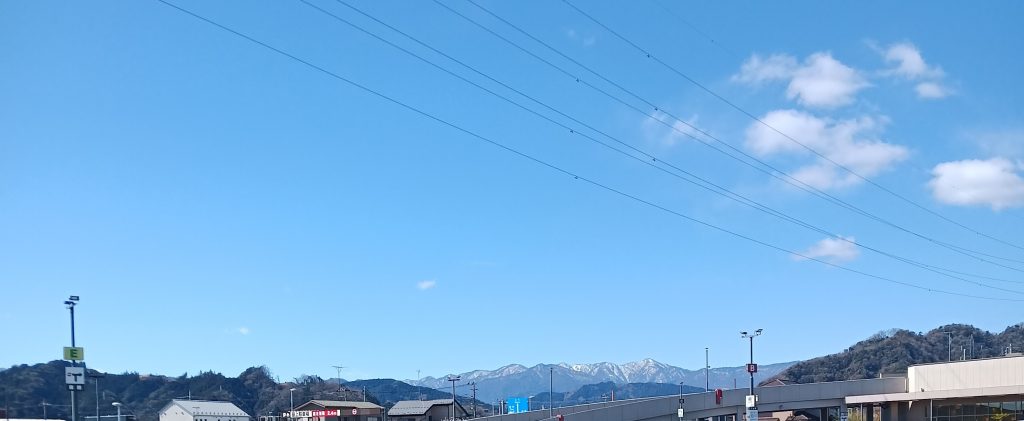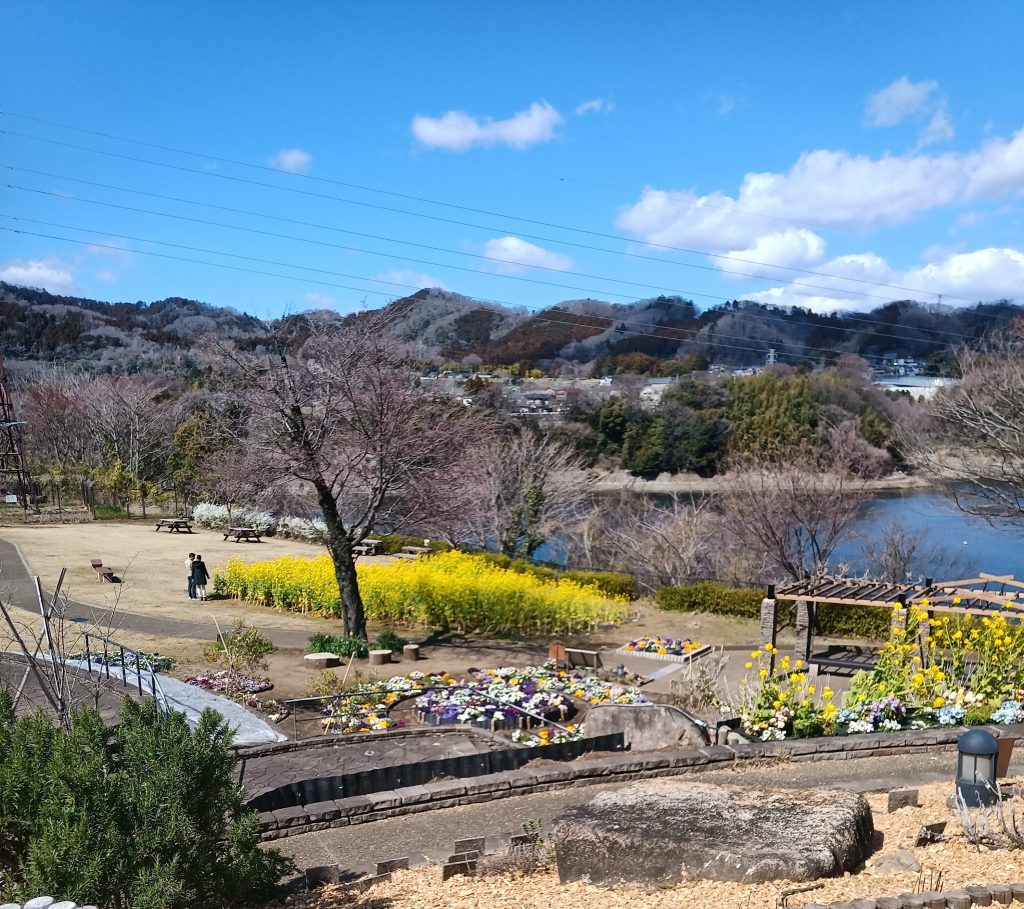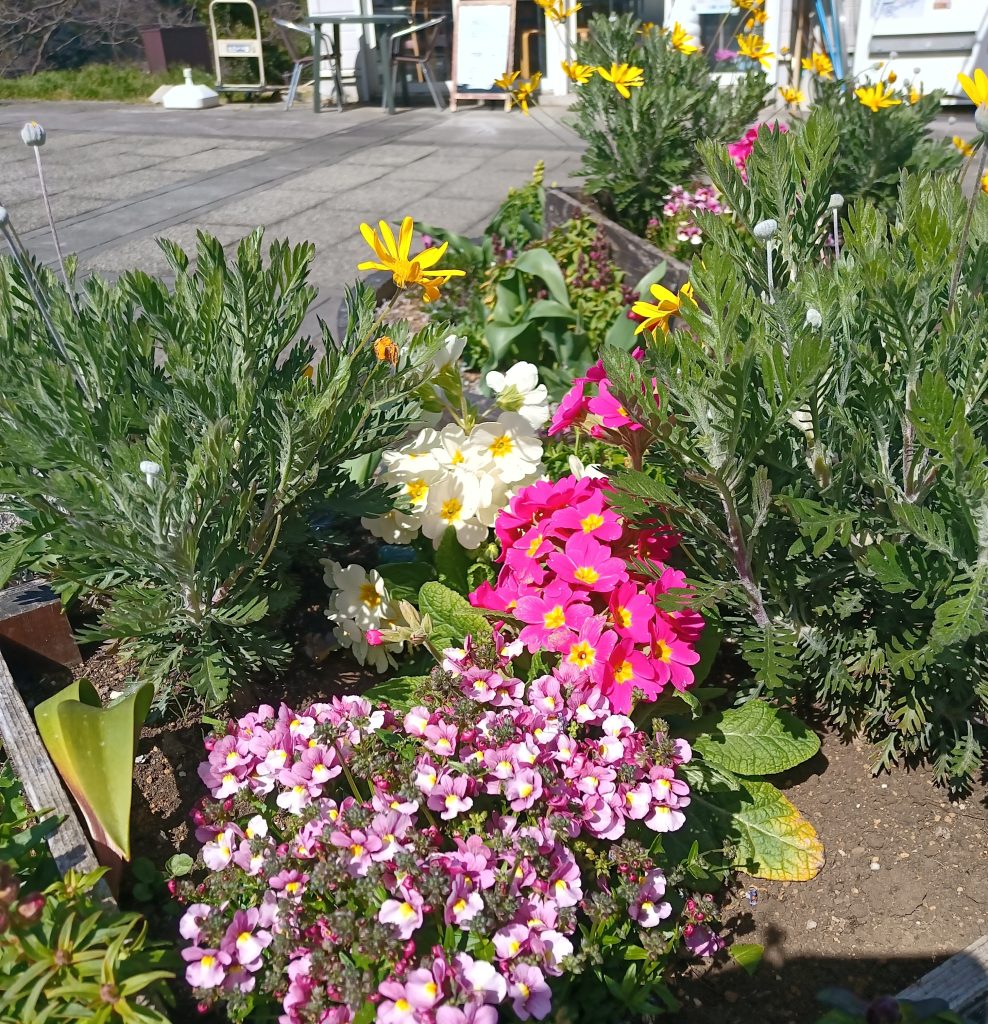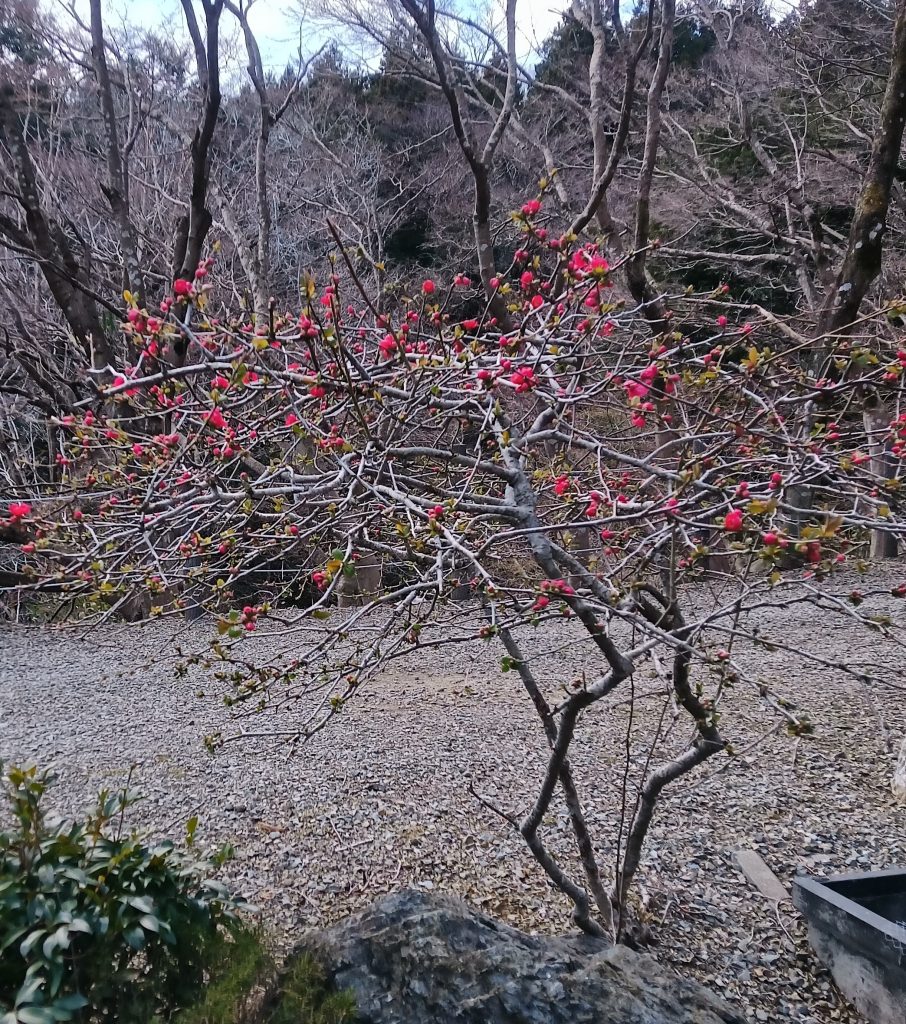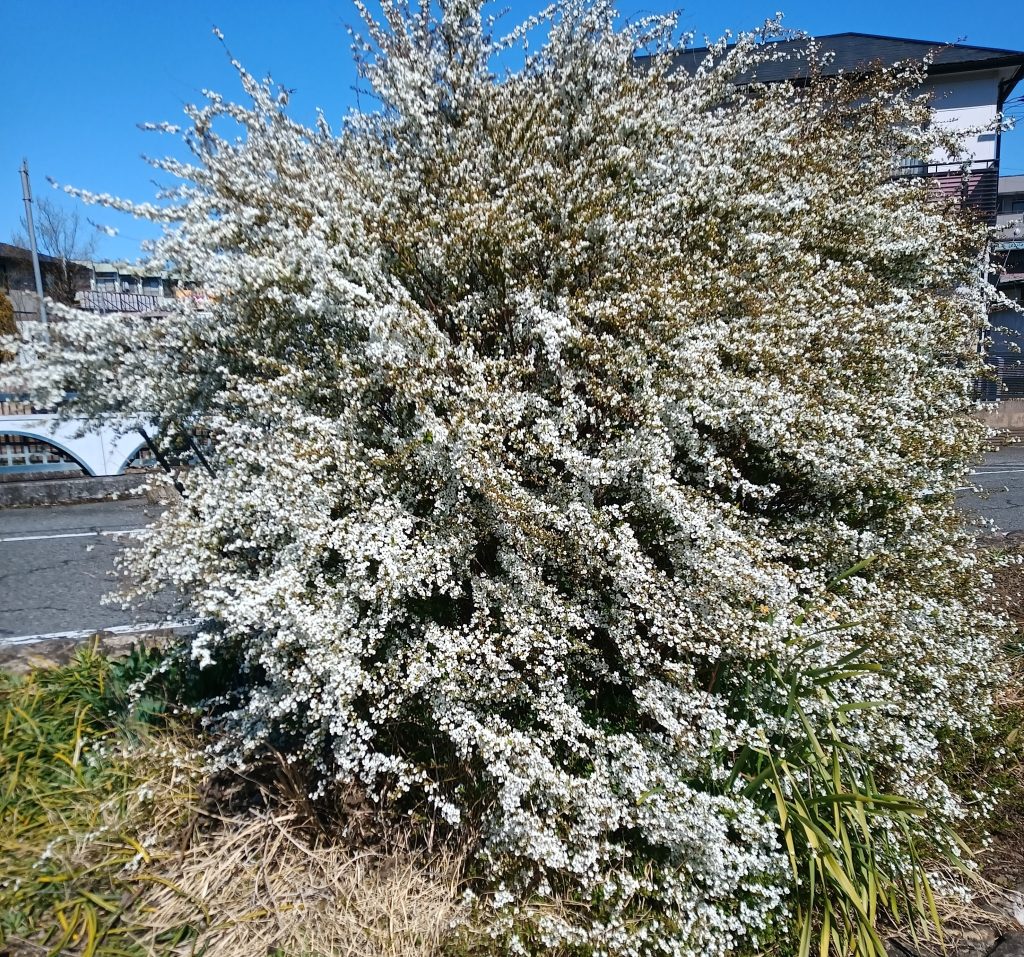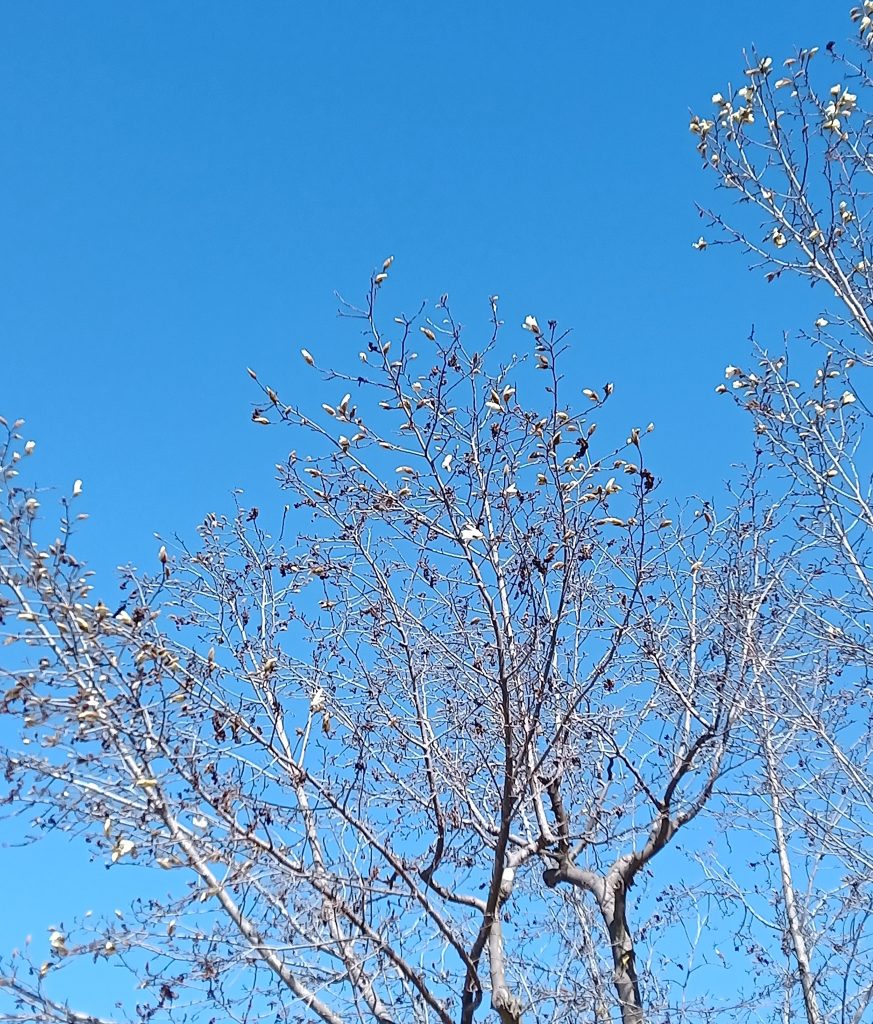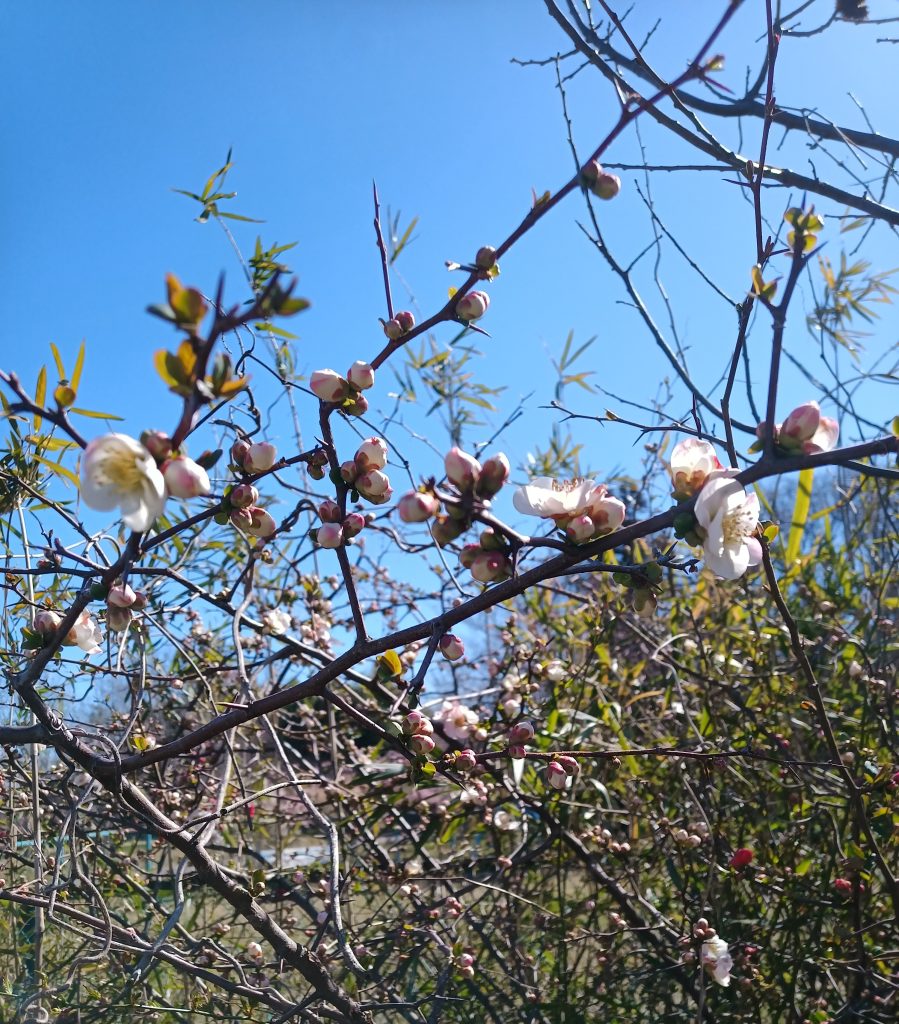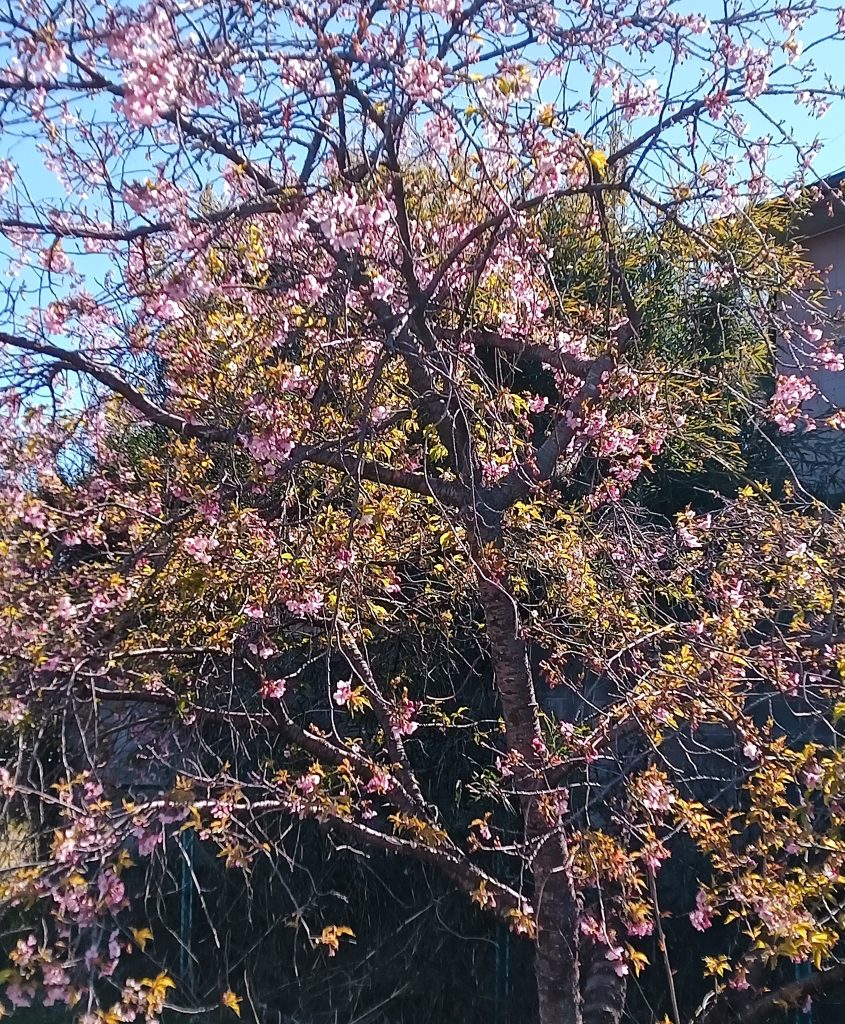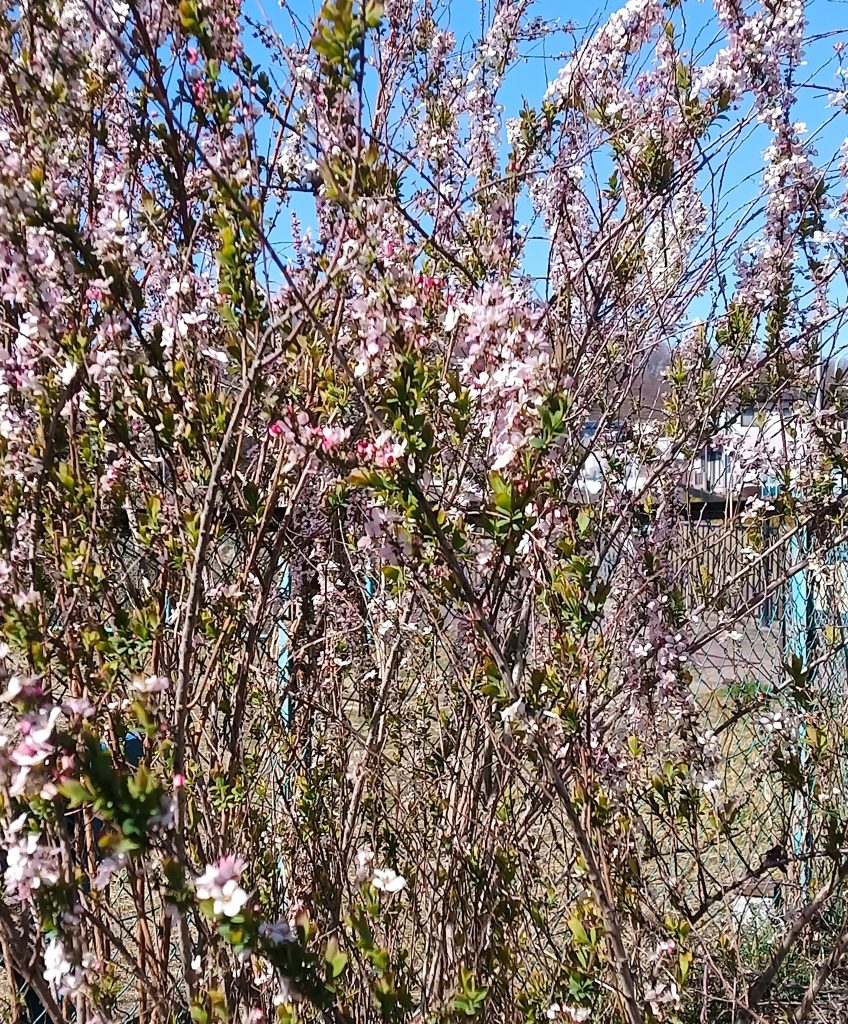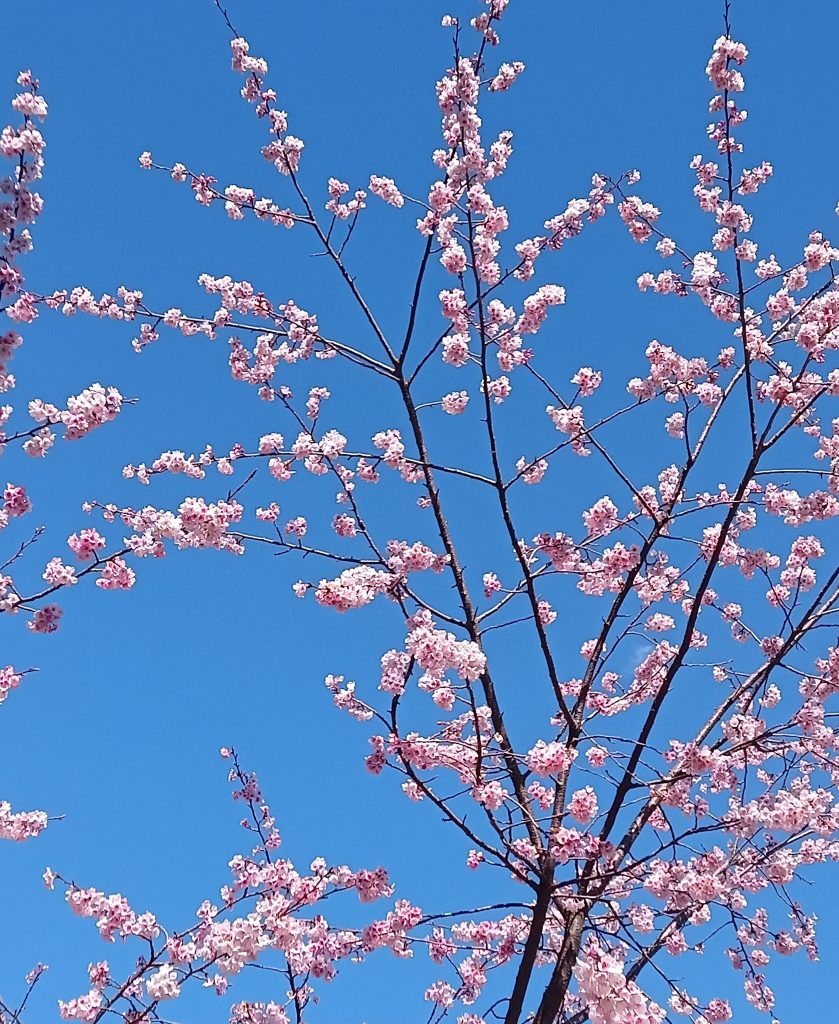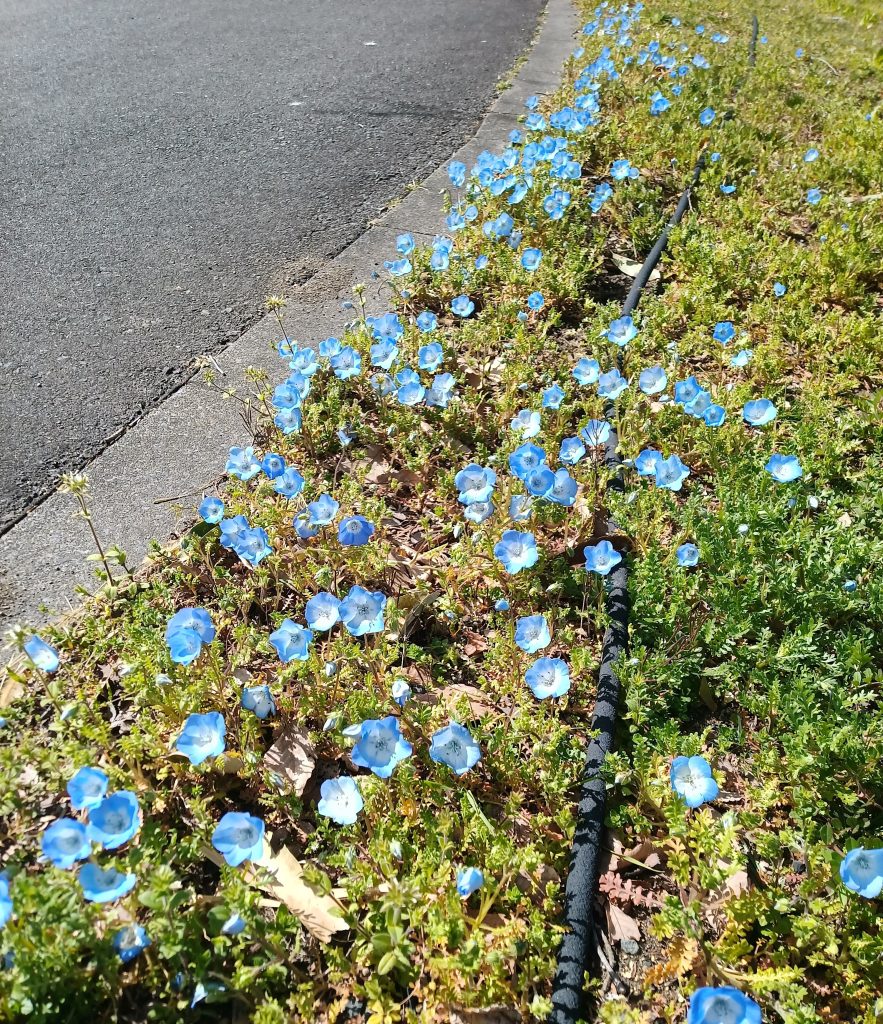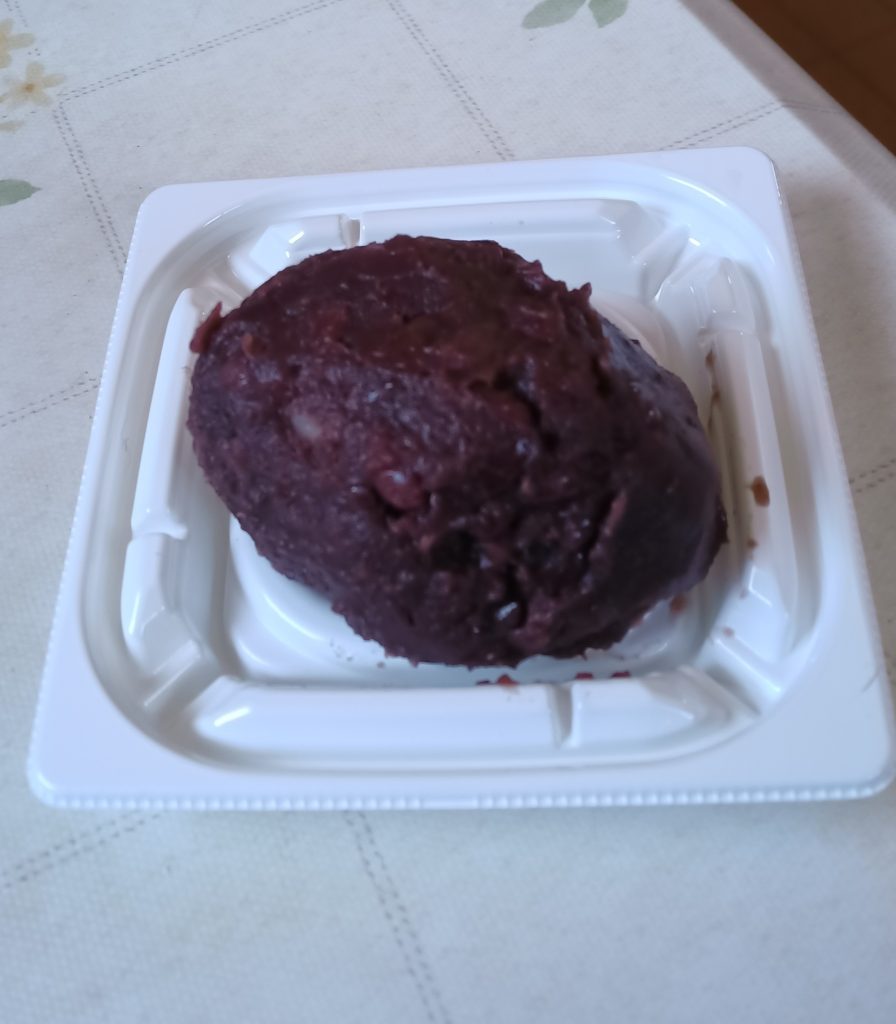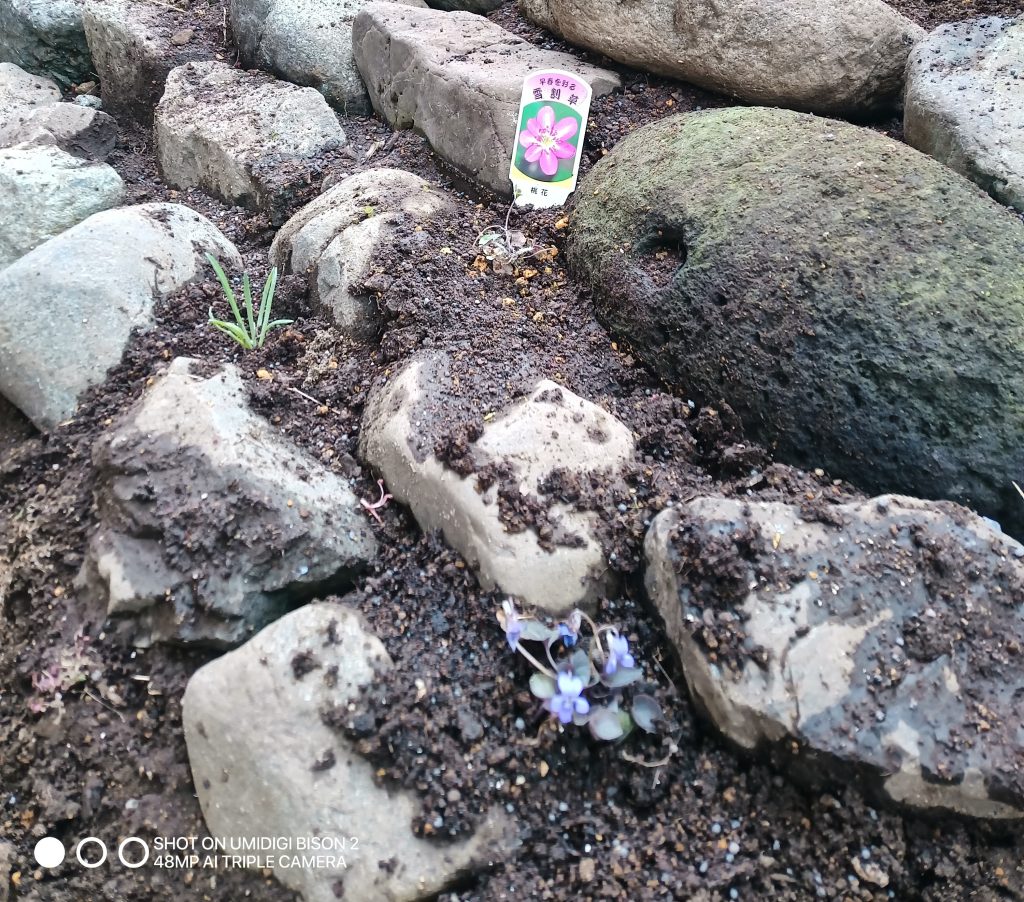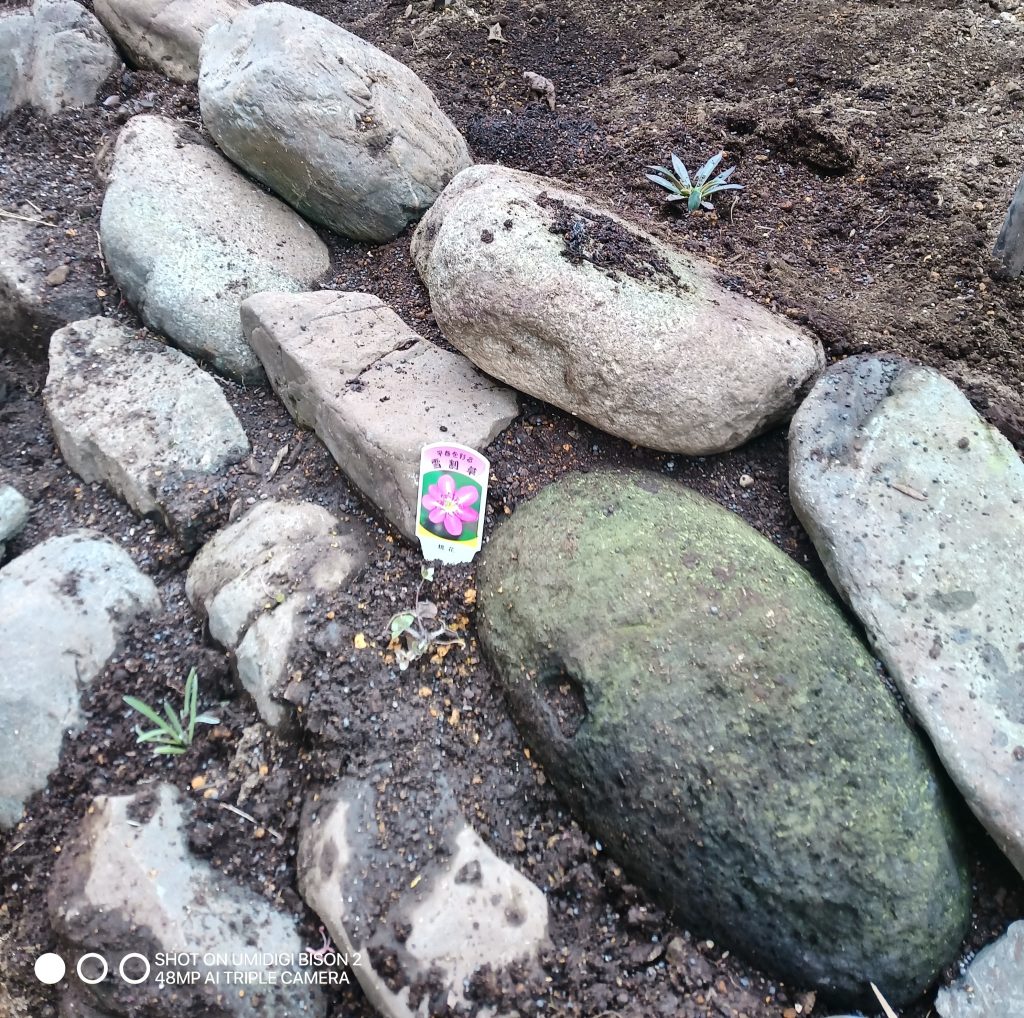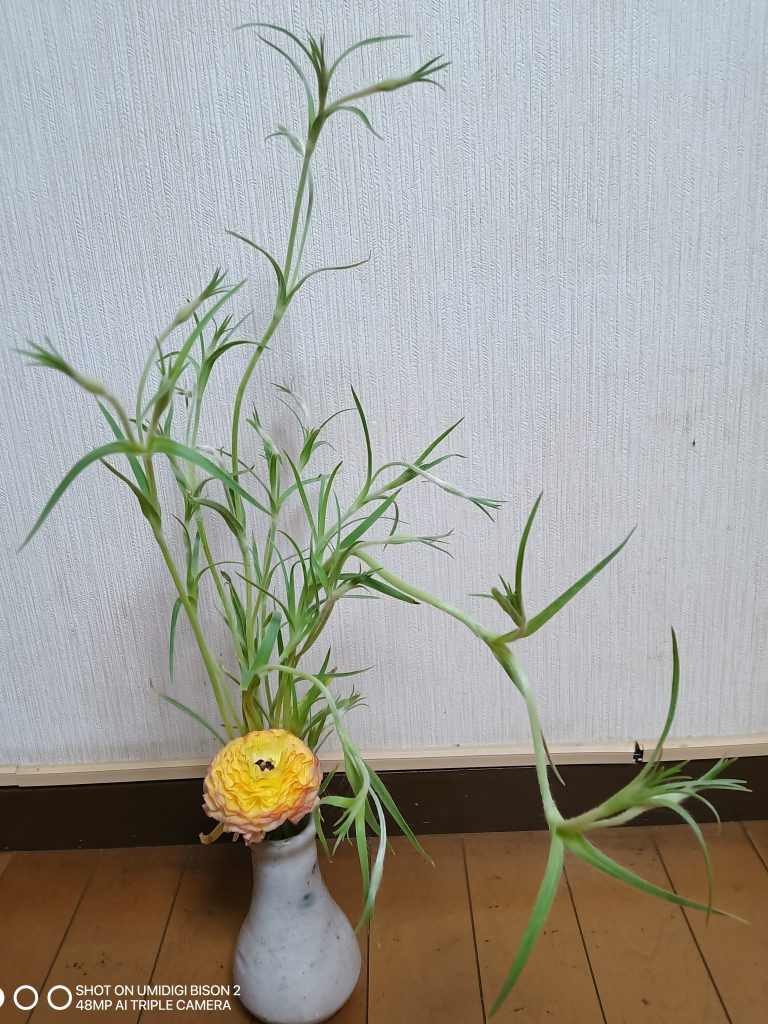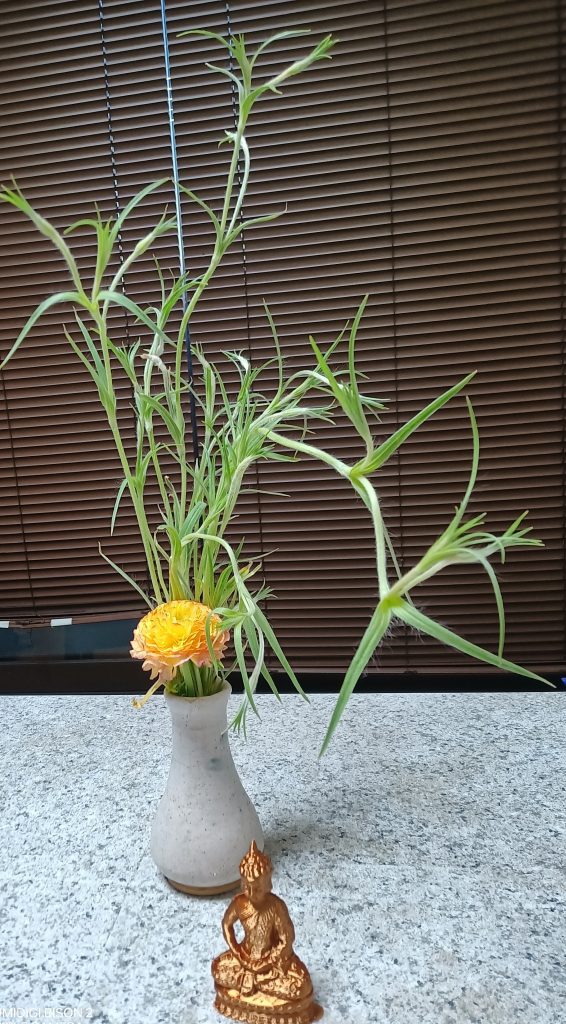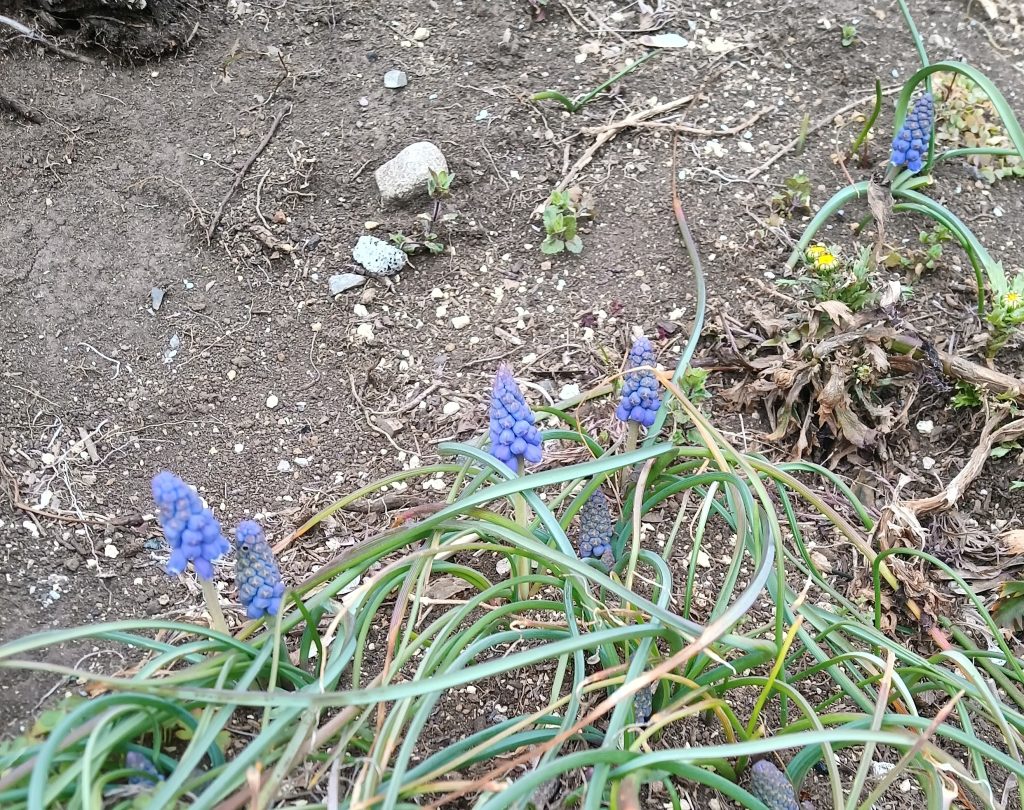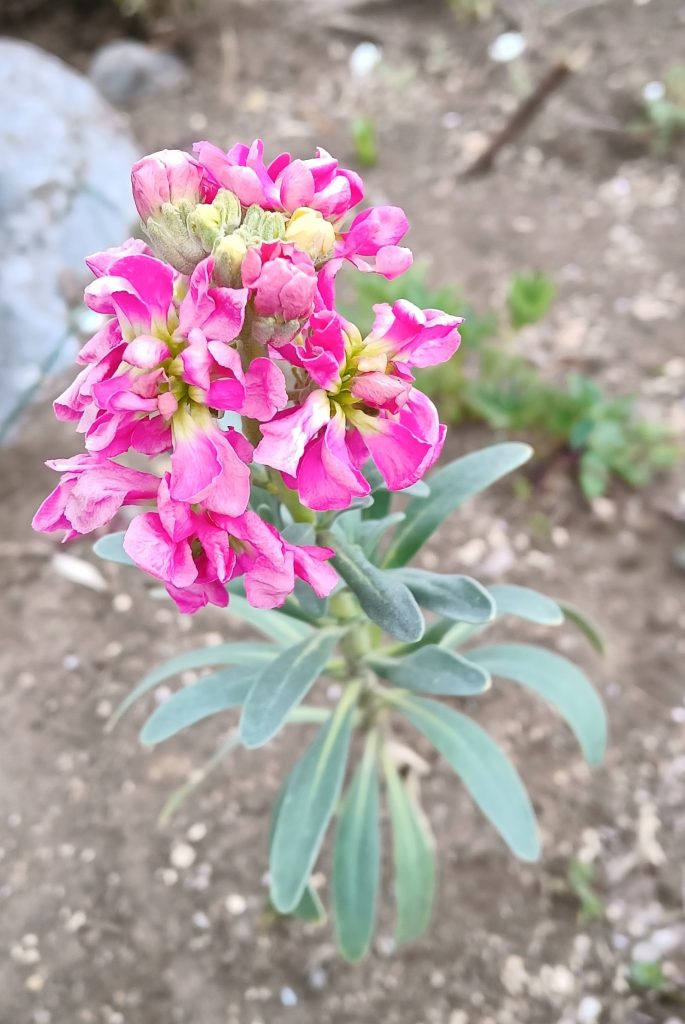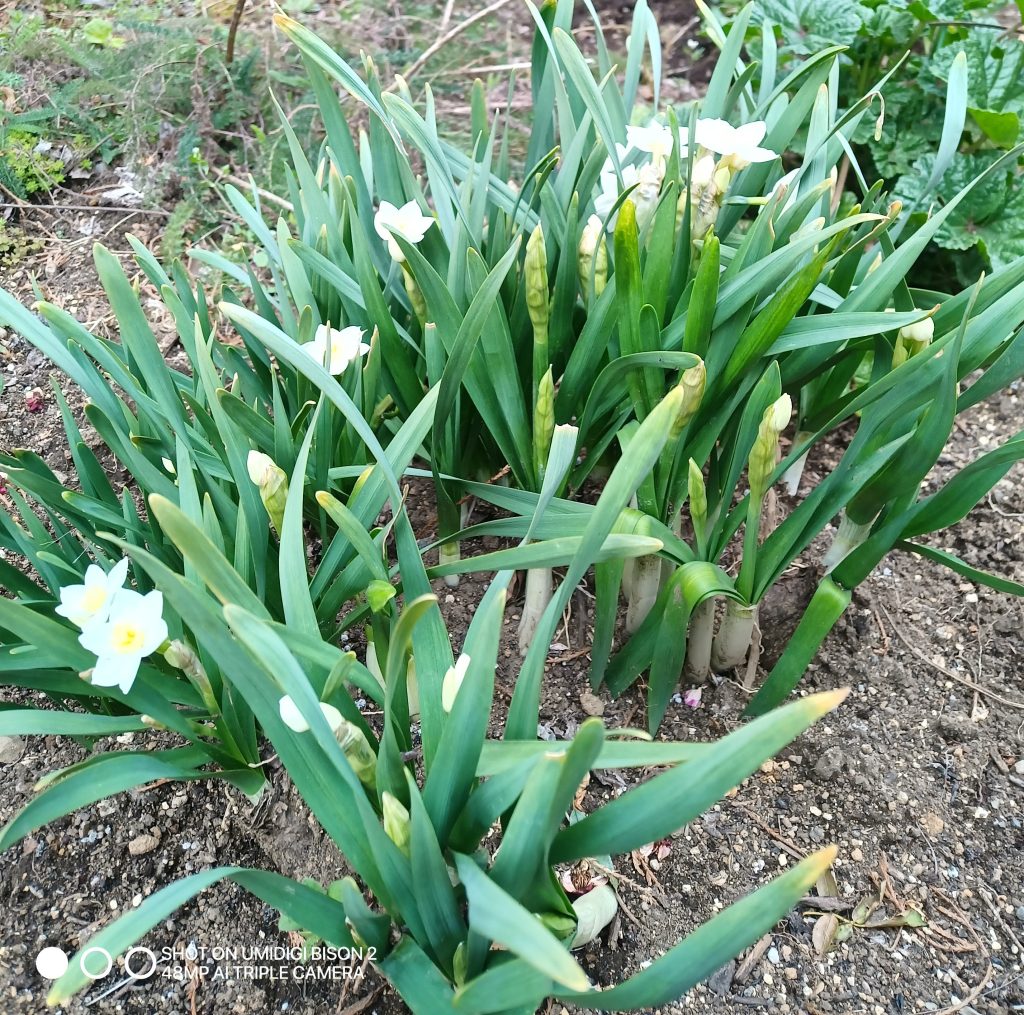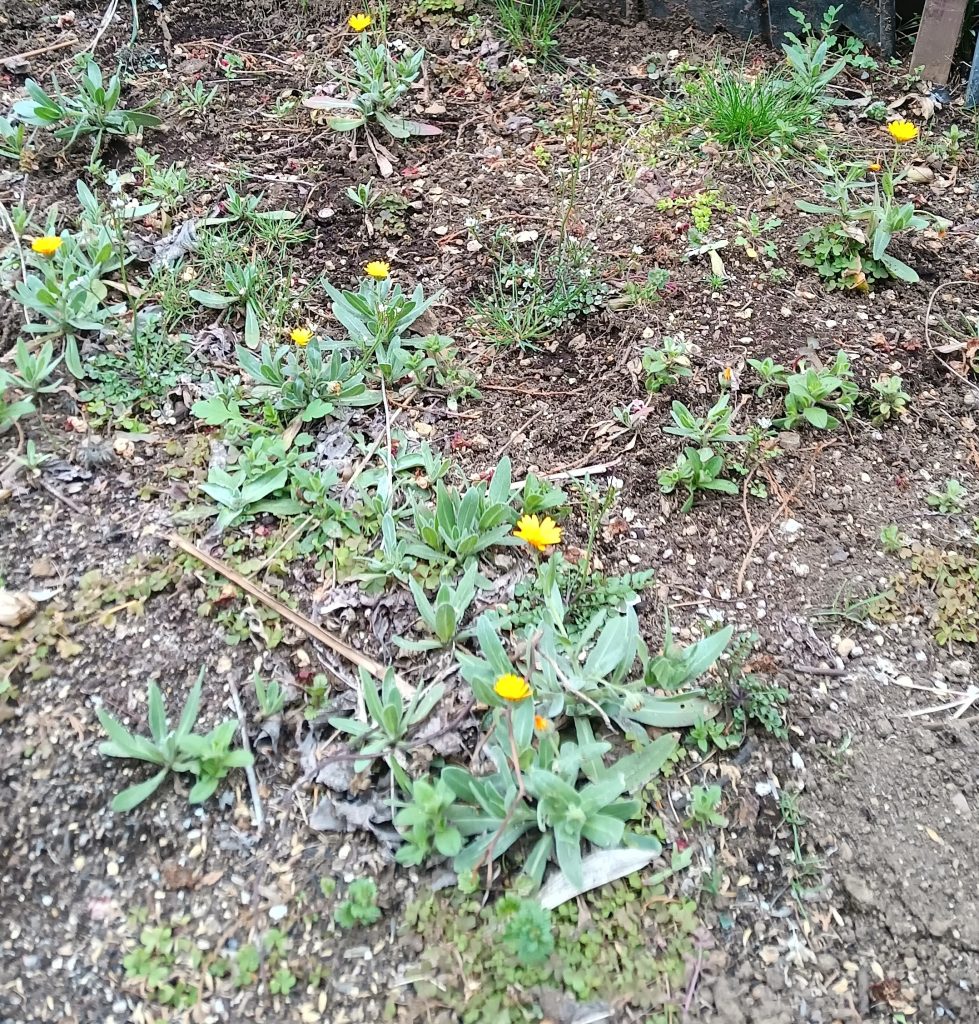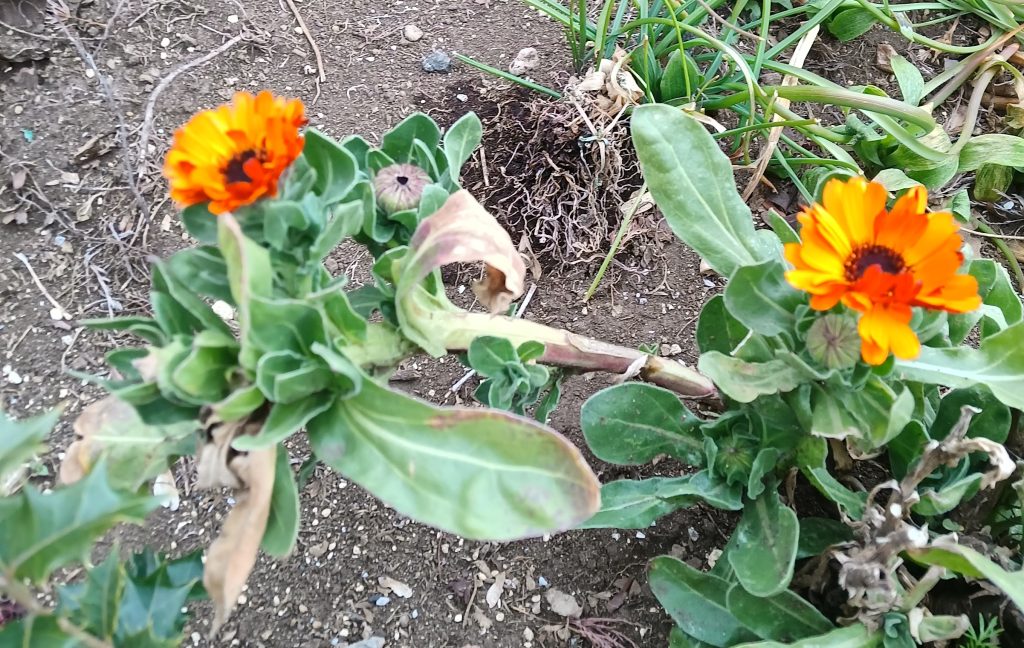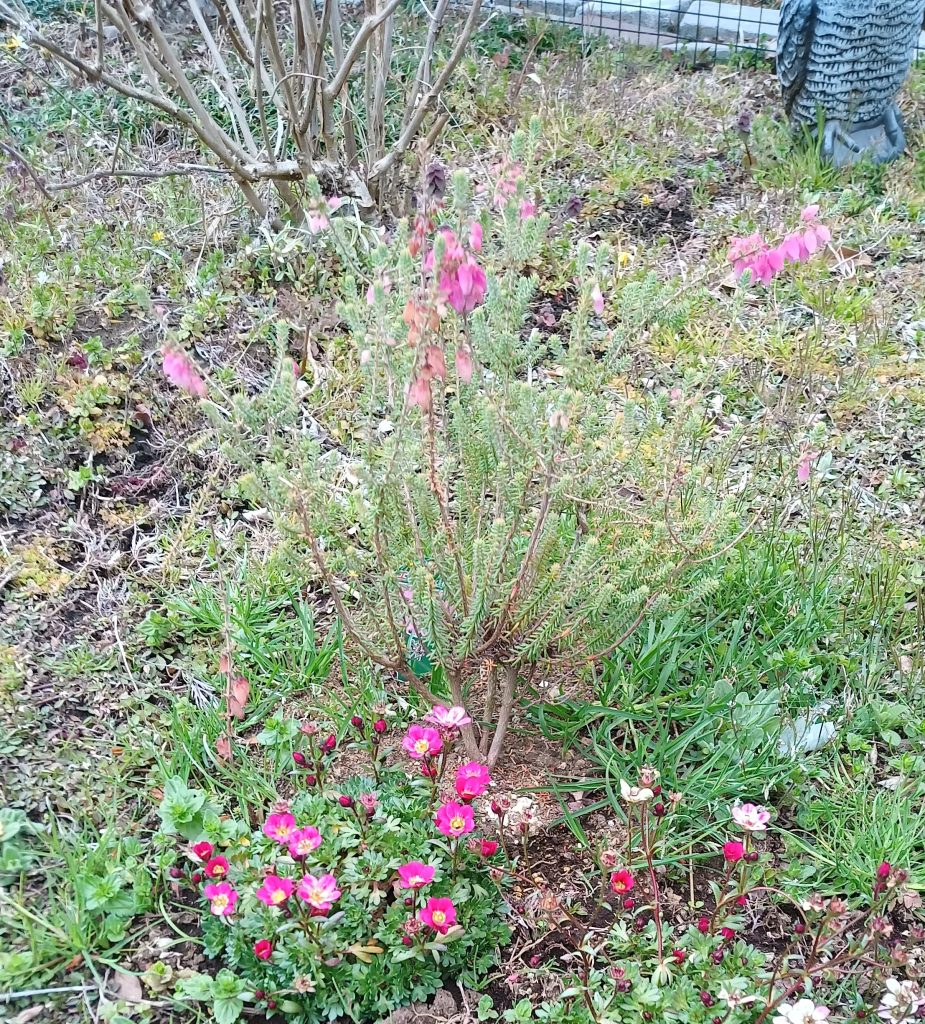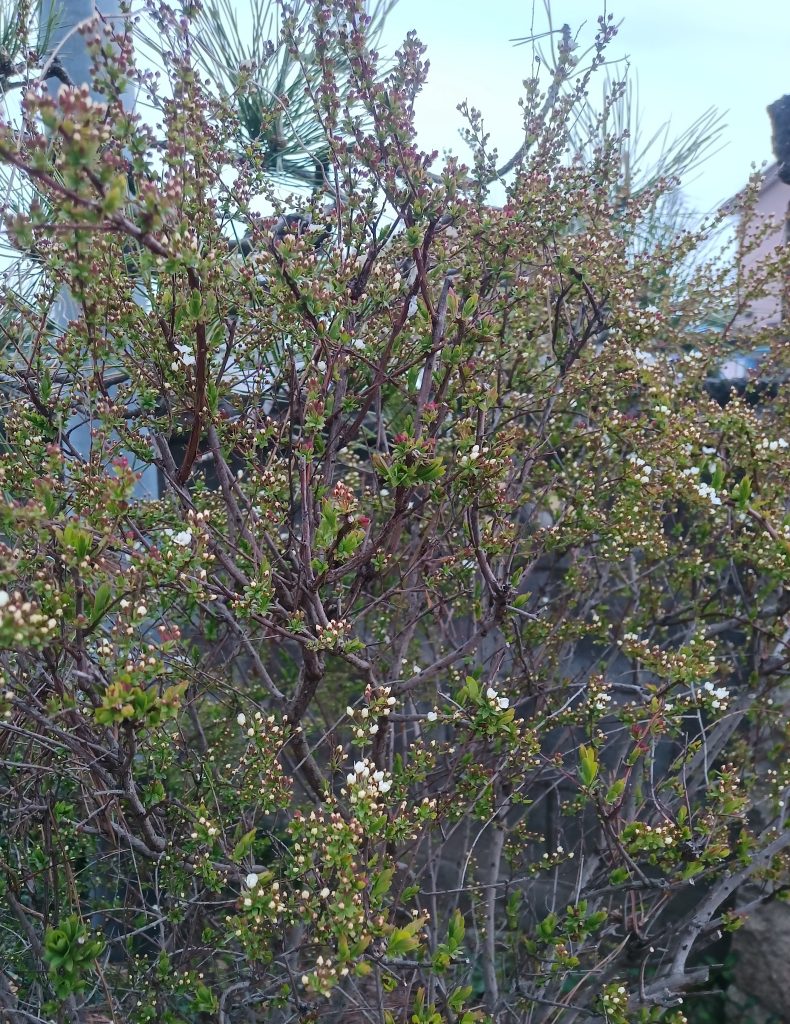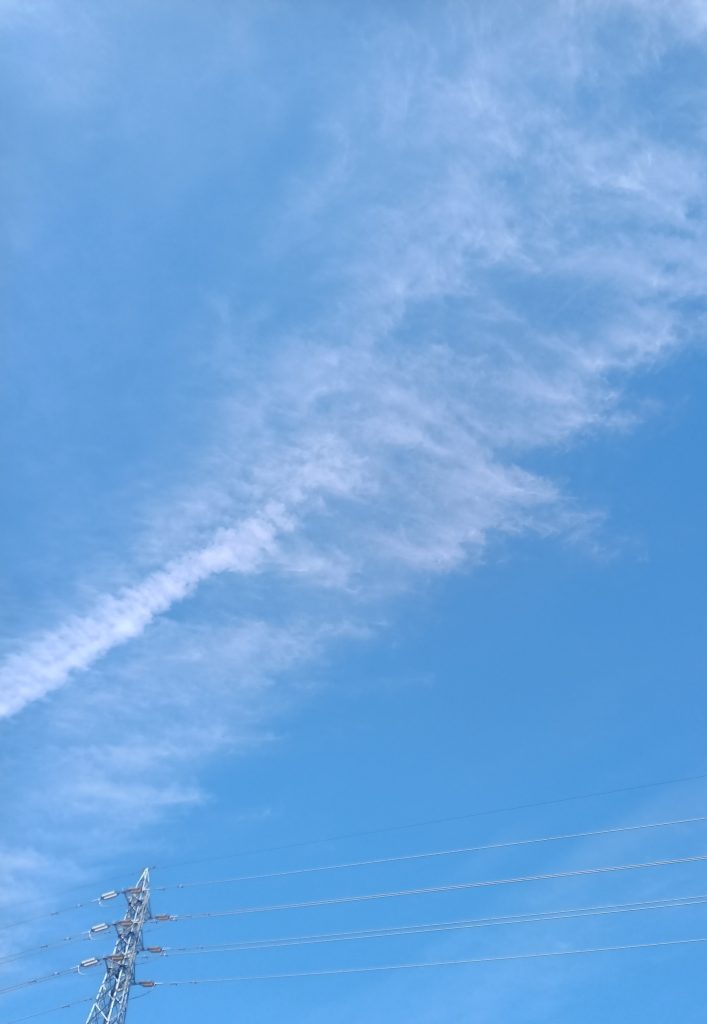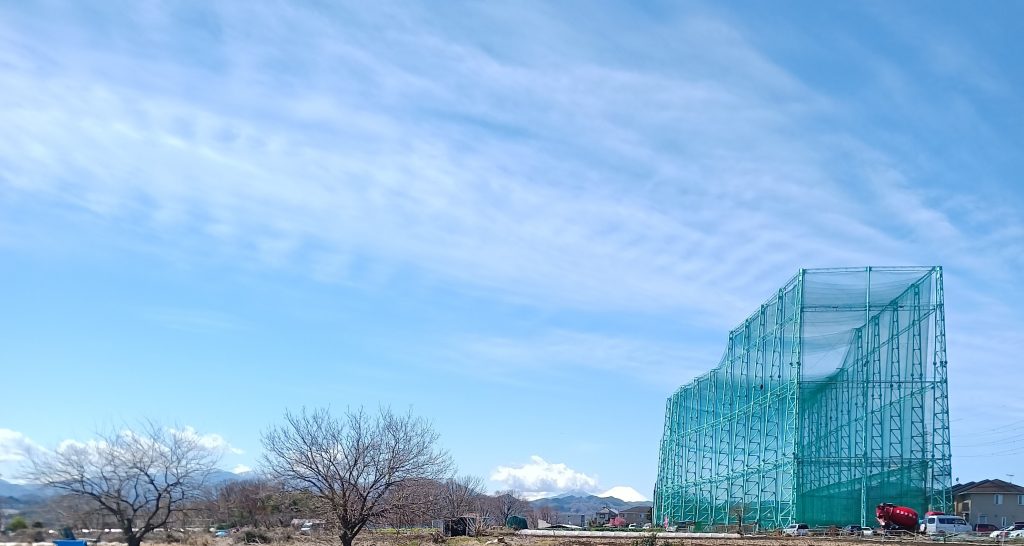3月17日は、彼岸の入りです。(March 17th is the beginning of the equinox.)
3月20日は、中日です。(March 20th is Chunichi.)
3月23日は、彼岸明けです。(March 23rd is the end of the equinox.)
餅米の周りに小豆を付けたぼた餅を食べます。(Eat botamochi, which is mochi rice with red beans around it.)
私は明日、姉たちと実家のお墓参りに行きます。(I’m going to visit my parents’ grave with my sisters tomorrow.)
お彼岸の意味→仏教では、この世を「此岸(しがん)」、故人のいる世界を「彼岸(ひがん)」と呼んでいます。((Meaning of Equinox → In Buddhism, this world is called Shigan,'' and the world where the deceased lives is calledHigan.”)
春のお彼岸とは、彼岸と此岸の距離が最も近くなる時期にご先祖を供養する行事のことです。 The spring equinox is an event to commemorate our’s ancestors at the time when the equinox and this shore are the closest.)
お墓参りに行きました。途中、湖の公園で花も見られました。(We went to visit the grave. On the way, we also saw flowers at the lake park.)
今年は、桜の開花が遅れています。(This year, the cherry blossoms bloom late.)
レウィシアやエーデルワイスを植えたいので、ロックガーデンを作ってみました。(I wanted to plant Lewisia and Edelweiss, so I made a rock garden.)
3月末、雨が続きました。今日だけ晴れで、明日、明後日は、雨だそうです。(
At the end of March, it continued to rain. It’s sunny only today, and it’s supposed to rain tomorrow and the day after tomorrow.)
晴れ間の富士山が奇麗でした。(Mt. Fuji was beautiful on a sunny day.)
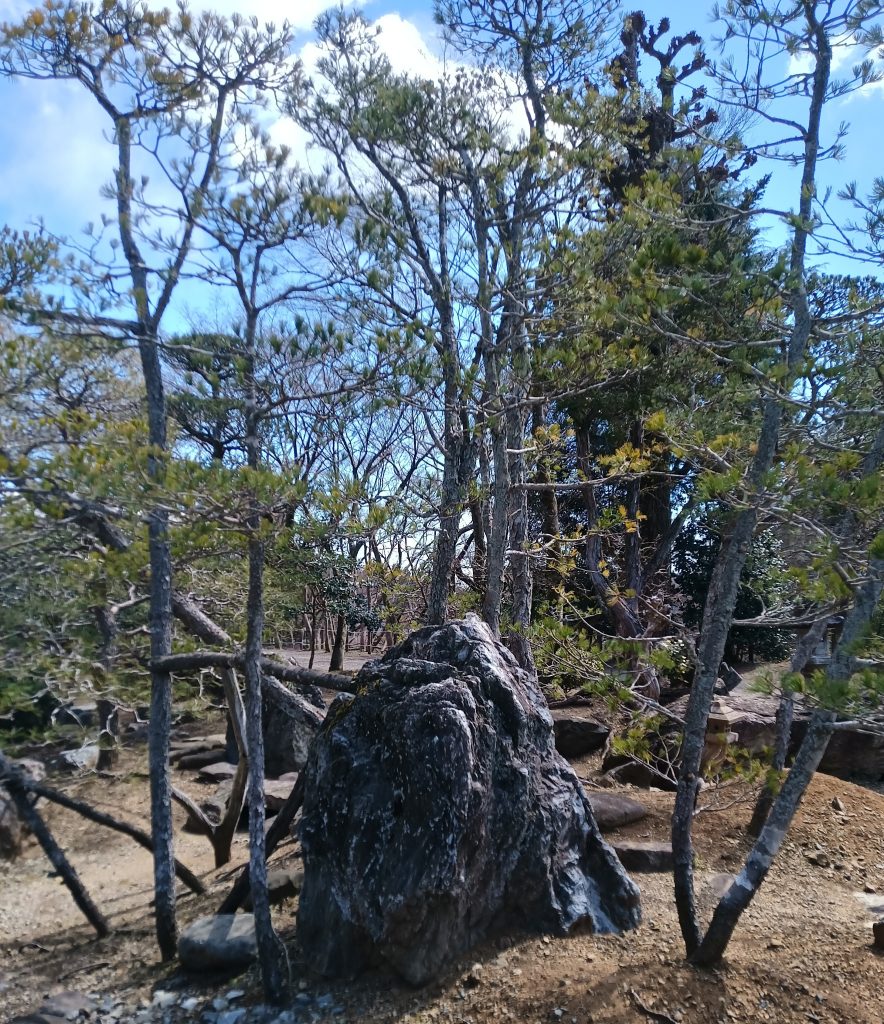
(I went to visit the grave.)
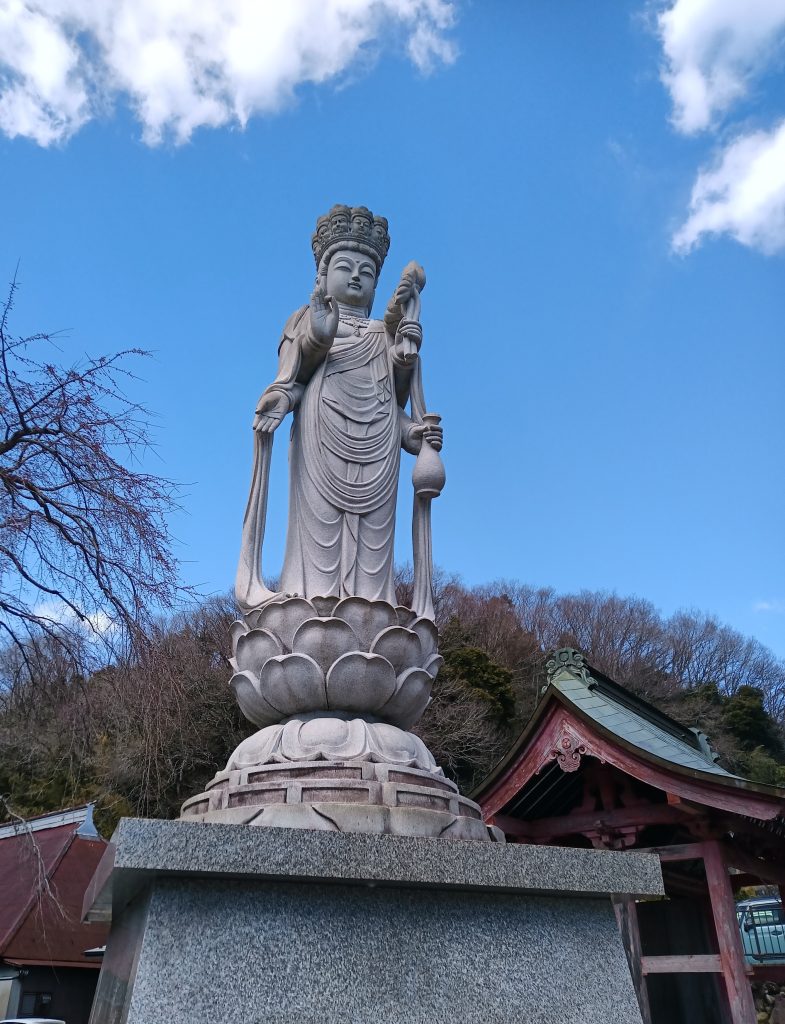
(I went to visit the grave.)
仏像(Buddha statue)
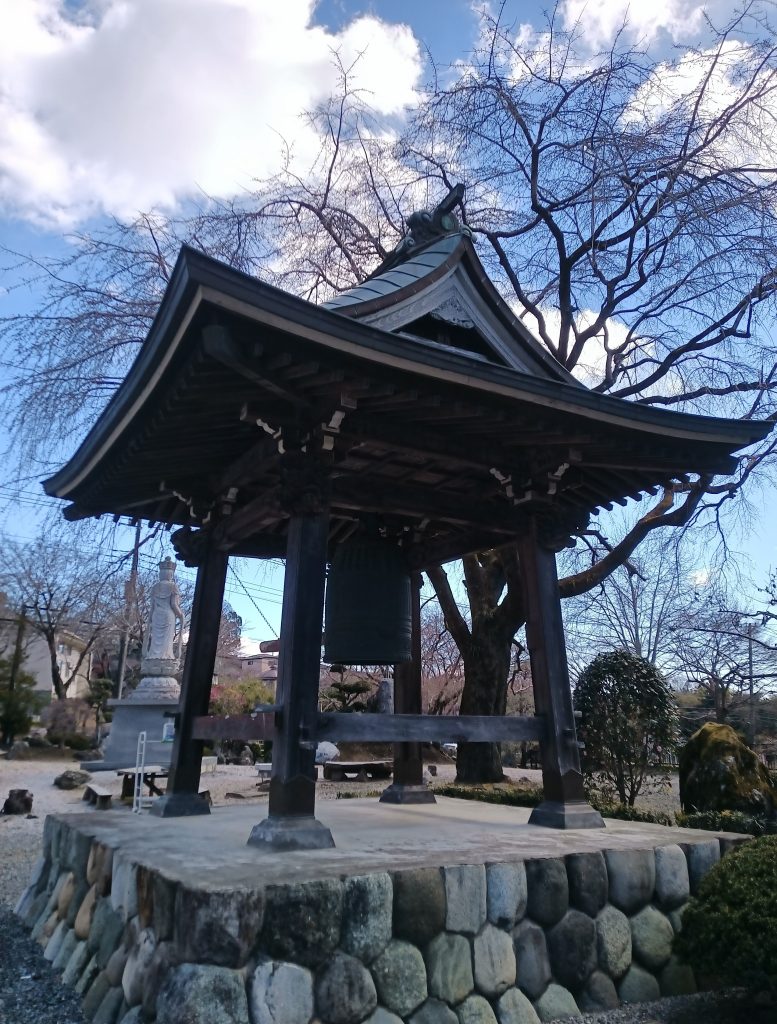
(I went to visit the grave.)
鐘つき堂(Bell Tsukido)
